Introduction
As an avid traveler and outdoor enthusiast, I’ve spent countless weekends exploring national parks and hidden gems across the country. Over the years, I’ve had my fair share of experiences with both 5th wheels and travel trailers. Whether you’re a seasoned camper or a newbie looking to hit the road, understanding the differences between these two types of RVs can significantly enhance your travel experience. In this comprehensive guide, we’ll dive deep into the world of 5th wheels and travel trailers, exploring their features, benefits, and how to choose the right one for your adventure.
What is a 5th Wheel?
A 5th wheel is a type of RV that is designed to be towed by a pickup truck. It features a unique hitch mounted in the truck bed, which allows for better stability and maneuverability. The layout typically provides more living space since a portion of the trailer extends over the truck’s cab.
What is a Travel Trailer?
A travel trailer is a versatile RV that can be towed by a variety of vehicles, including SUVs and vans, depending on weight. They come in various sizes and styles, catering to different preferences and needs.
Comparison of 5th Wheel and Travel Trailer
Space and Comfort
| Feature | 5th Wheel | Travel Trailer |
|---|---|---|
| Average Length | 30-40 feet | 20-35 feet |
| Living Space | More spacious with extra height | Less height, varies in width |
| Slide-Out Options | Typically more available | Varies by model |
Towing and Handling
| Feature | 5th Wheel | Travel Trailer |
|---|---|---|
| Towing Vehicle Requirement | Pickup truck | SUV or van |
| Stability | Very stable | Can sway more in high winds |
| Turning Radius | Better turning radius | Wider turning radius |
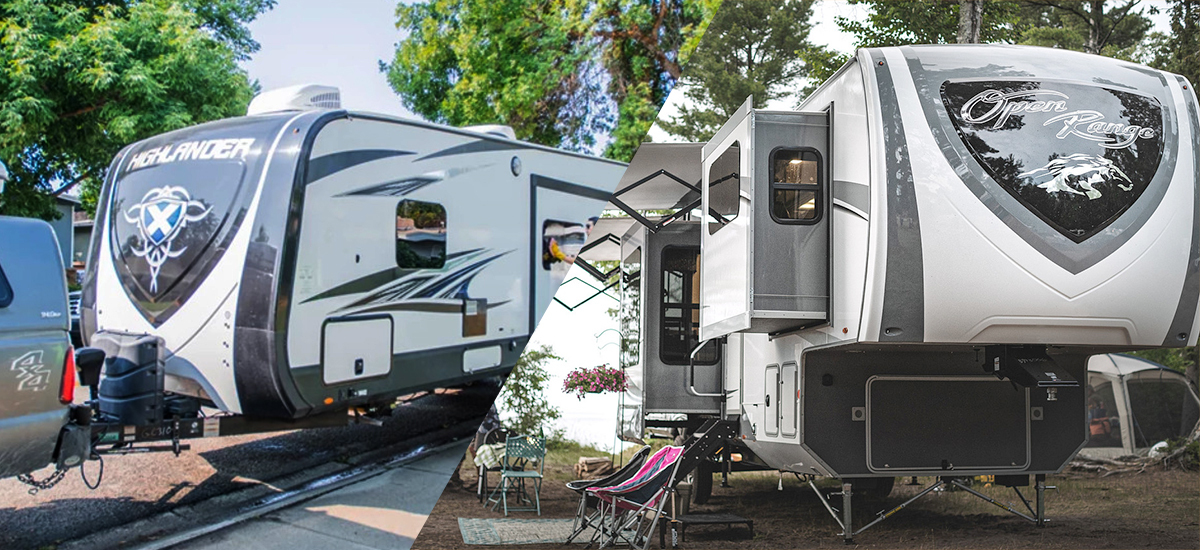
Cost and Maintenance
| Feature | 5th Wheel | Travel Trailer |
|---|---|---|
| Average Cost | Higher initial cost | More budget-friendly |
| Maintenance Costs | Similar maintenance, but parts can vary | Usually less expensive parts |
| Insurance | Often higher rates | Lower rates |
Pros and Cons of 5th Wheel
Pros
- Enhanced stability while towing due to the hitch mechanism.
- More living space and taller ceilings.
- Excellent for families or longer trips due to added comfort.
Cons
- Requires a heavy-duty truck for towing.
- Typically more expensive than travel trailers.
- May be challenging to find suitable campsites that can accommodate their size.
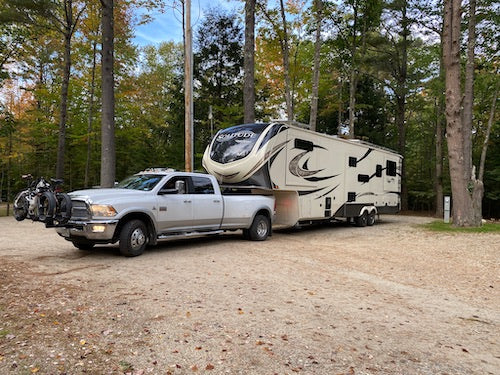
Pros and Cons of Travel Trailers
Pros
- More affordable and versatile in terms of towing options.
- Variety of sizes and styles available.
- Easier to maneuver and park in tight spaces.
Cons
- Less stable while towing compared to 5th wheels.
- Limited living space, which may be uncomfortable for larger families.
- Potential for swaying in high winds.
Choosing the Right Option for Your Adventure
Assess Your Needs
Before deciding between a 5th wheel and a travel trailer, consider your personal needs:
- Travel Style: Are you planning long trips with family or short weekend getaways with friends?
- Vehicle Compatibility: What type of vehicle do you already own or intend to purchase?
- Budget: How much are you willing to spend, not just on the RV but on fuel and maintenance as well?
Test Drive
Always test tow both types to see which feels more comfortable for you. Head to your local RV dealer, and don’t hesitate to ask for a demo.
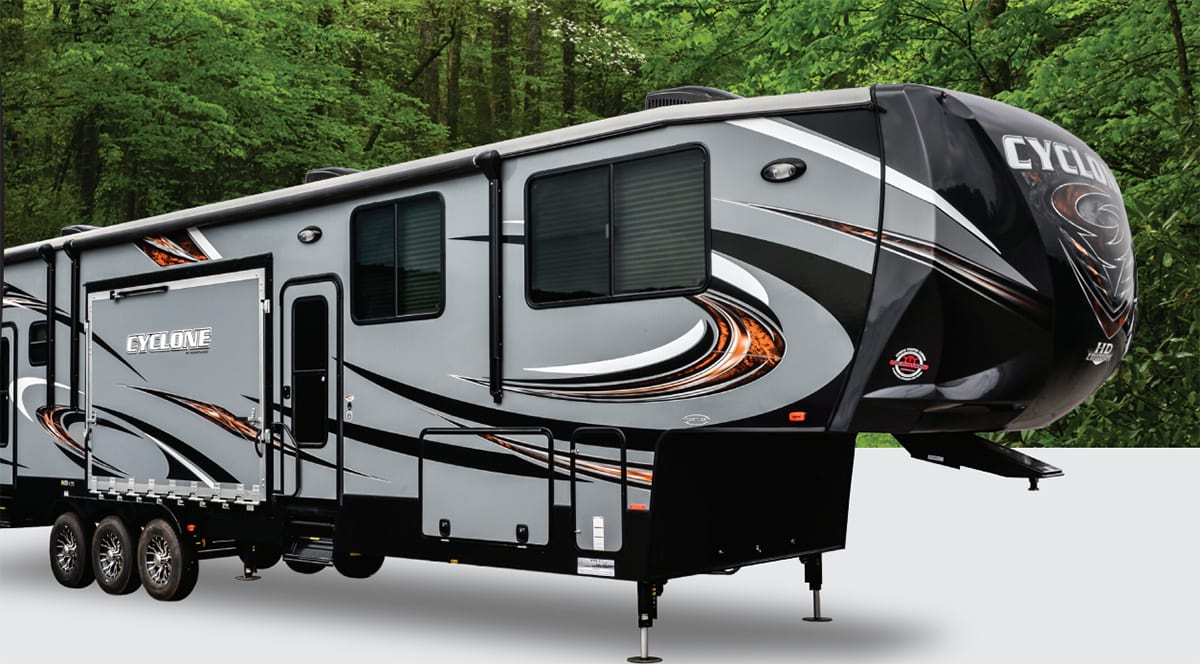
Travel Tips for 5th Wheels and Travel Trailers
Planning Your Route
Plan your route considering the size of your RV. Avoid areas with low bridges or tight turns. Using apps like RV Trip Wizard can help find RV-friendly routes.
Choosing Campsites
Research campgrounds and make reservations when possible. Check if they can accommodate a 5th wheel or travel trailer, and read reviews to ensure it fits your expectations.
Maintenance Tips
Regular maintenance is key for a smooth trip. Keep tires properly inflated, check brakes, and ensure all lights are functioning. A good rule of thumb is to inspect your RV before and after each trip.
Destination Highlights
No matter what type of RV you choose, the adventure awaits! Here are a few destinations that are ideal for both 5th wheel owners and travel trailer enthusiasts:
1. Yellowstone National Park
This iconic park has multiple campgrounds that accommodate both types of RVs. Experience the breathtaking geysers and diverse wildlife.
2. Grand Canyon National Park
With stunning viewpoints and hiking trails, Grand Canyon offers several RV-friendly campsites that allow you to experience the majestic landscape.
3. Shenandoah National Park
Perfect for a weekend getaway, Shenandoah boasts beautiful vistas and trails, with ample camping facilities for both 5th wheels and travel trailers.
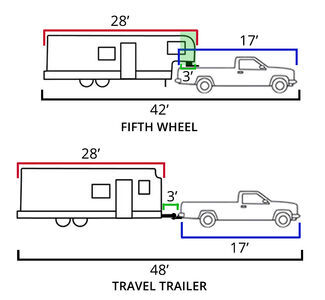
What to Look for When Buying a 5th Wheel or Travel Trailer
Key Features
- Weight: Check the Gross Vehicle Weight Rating (GVWR). Make sure your towing vehicle can handle this weight comfortably.
- Interior Layout: Consider how the space is allocated. Does it suit your family’s needs?
- Storage: Look for ample storage space for all your camping gear.
Best Models on the Market
Here’s a quick comparison of some top-rated 5th wheels and travel trailers from popular eCommerce websites:
| Model | Type | Price Range | Average Rating | Features |
|---|---|---|---|---|
| Keystone Montana | 5th Wheel | $50,000 – $80,000 | 4.7/5 | Spacious living area, full kitchen, and multiple slide-outs. |
| Forest River Rockwood | Travel Trailer | $25,000 – $45,000 | 4.5/5 | Lightweight, versatile layouts, and great insulation. |
| Grand Design Reflection | 5th Wheel | $40,000 – $70,000 | 4.8/5 | Luxury finishes and multiple floor plans to choose from. |
| Jayco Jay Flight | Travel Trailer | $20,000 – $35,000 | 4.6/5 | Very family-friendly with integrated safety features. |
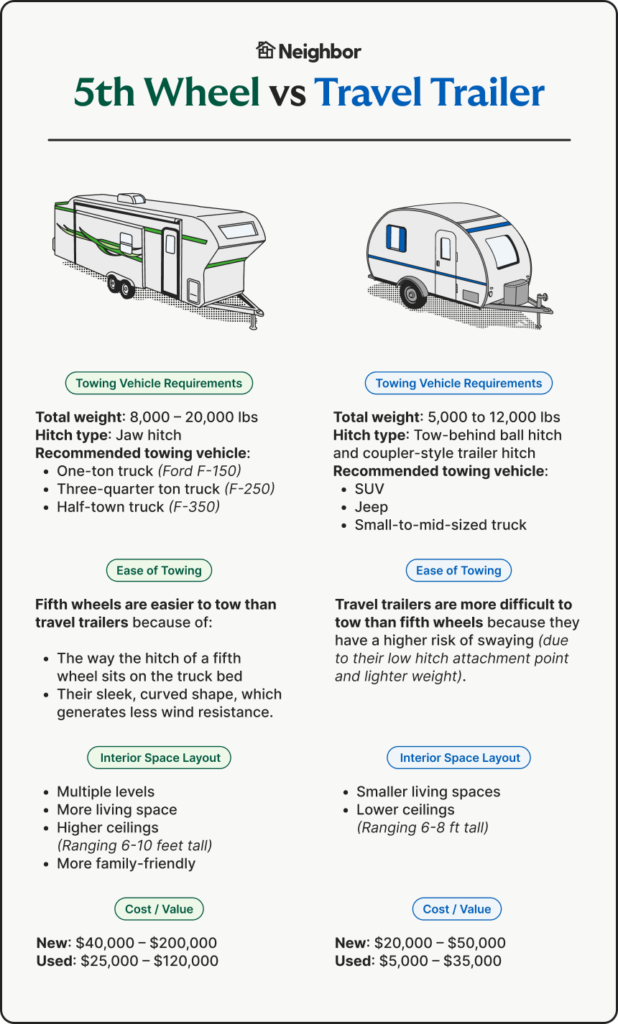
FAQs
1. What is the average cost of a 5th wheel compared to a travel trailer?
5th wheels generally range from $50,000 to $80,000, while travel trailers can cost between $20,000 to $50,000, making travel trailers a more budget-friendly option.
2. Can I tow a 5th wheel with a standard pickup truck?
Most 5th wheels require a heavy-duty truck. Check the manufacturer’s guidelines to ensure compatibility with your vehicle.
3. Do 5th wheels have better insulation than travel trailers?
Generally, 5th wheels tend to have better insulation due to their larger size and construction quality. However, there are high-end travel trailers that also offer excellent insulation.
4. Which type of RV is easier to set up at a campsite?
Travel trailers are often easier to set up due to their simpler hitching system, while 5th wheels may require more time to unhitch and stabilize.
5. How do I maintain my RV?
Regular maintenance includes checking the tires, brakes, and lights. It’s also essential to inspect the roof and seals for water damage and keep the plumbing system clean.